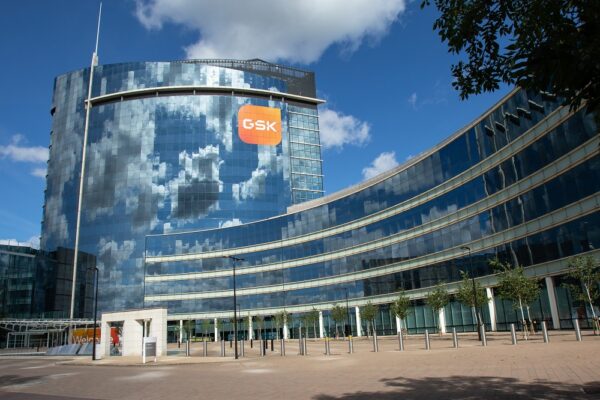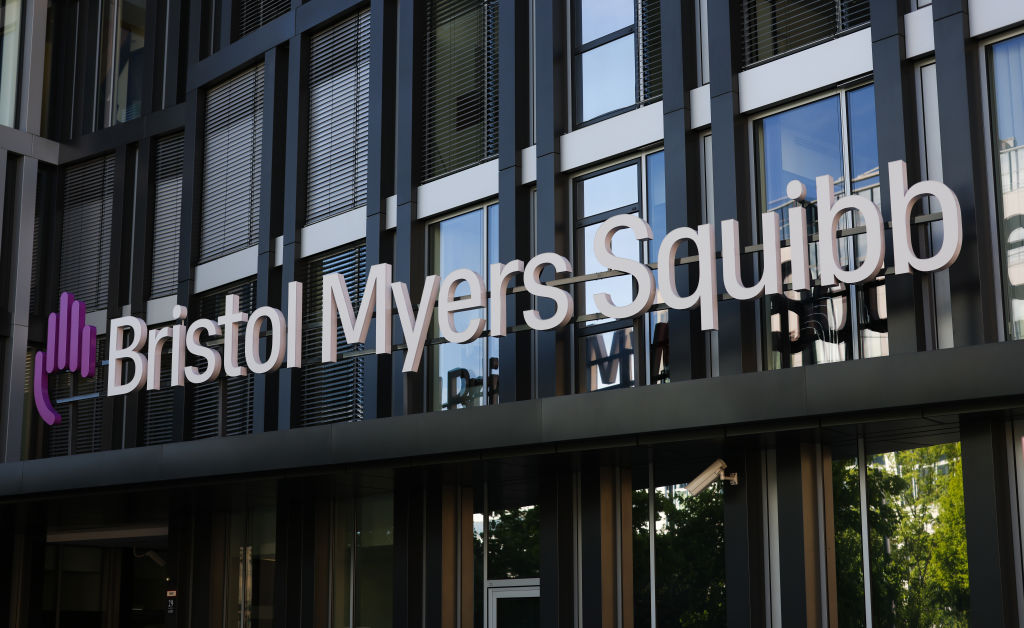
A multiple myeloma drug that GSK withdrew from the market last year now has pivotal trial results showing it beat a Johnson & Johnson product that is a standard of care treatment, laying the groundwork for a potential comeback for the cancer therapy.
According to the preliminary Phase 3 results reported Monday, GSK’s Blenrep met the main goal of demonstrating progression-free survival compared to blockbuster J&J product daratumumab, brand name Darzalex, in the blood cancer multiple myeloma. The planned interim efficacy analysis also showed “strong and clinically meaningful” overall survival results so far, though the trial will continue in order to further assess this endpoint. GSK said the trial was unblinded at the recommendation of an independent data monitoring committee.

Using Informed Awareness to Transform Care Coordination and Improve the Clinical and Patient Experience
This eBook, in collaboration with Care Logistics, details how hospitals and health systems can facilitate more effective decision-making by operationalizing elevated awareness.
While many drugs are available for treating multiple myeloma, relapse is common in this type of cancer. New treatment options are needed for patients whose disease either does not respond to currently available drugs or returns following earlier lines of therapy. Darzalex is one of those products, approved for the treatment of multiple myeloma patients who have received at least one prior line of therapy. The antibody drug is J&J’s second largest revenue generator overall and its top cancer product, accounting for $7.9 billion in 2022 sales, according to the company’s annual report.
Blenrep is an antibody drug conjugate (ADC) that links a targeting antibody to a toxic drug payload. This GSK drug is designed to target B-cell maturation antigen (BCMA), a protein abundant on multiple myeloma cells. Blenrep won accelerated FDA approval in 2020 as a fifth-line multiple myeloma treatment, making it the first approved BCMA-targeting therapy. Other drugs addressing BCMA, including two from J&J, have since won regulatory approvals.
Last year, GSK reported Blenrep failed the confirmatory clinical trial required of its speedy FDA nod. The main goal of that study was to measure progression-free survival compared to treatment with Bristol Myers Squibb’s approved multiple myeloma drug, Pomalyst. Following the trial failure, the FDA asked GSK to withdraw Blenrep from the U.S. market. The pharmaceutical giant complied, but it also continued clinical testing of the therapy.
The latest results are from a Phase 3 trial evaluating Blenrep alongside bortezomib and dexamethasone, a treatment regimen shortened to BorDex. The open-label study enrolled patients with cases of multiple myeloma that had advanced after at least one line of therapy. A total of 494 patients were randomly assigned to receive either Blenrep and BorDex or Darzalex and BorDex. In addition to the main goal of measuring progression-free survival, secondary goals include overall survival, duration of response, and assessing minimal residual disease.

Unlocking Transparency in PBM Pricing
The TSX Venture Exchange has a strong history of helping early-stage health and life sciences companies raise patient capital for research and development.
One of the problems with the ADC drug class is that some of the toxic drug payload is released too early, sparking toxic effects elsewhere in the body. Blenrep’s label carried a black box warning alerting clinicians and patients of the risk of toxic effects in the eye, including blurred vision and vision loss. GSK’s report of the trial data did not go into detail about toxicity, other than to say that the safety and tolerability of Blenrep and BorDex was consistent with the known safety profile of both therapies. GSK said more detailed results from the interim analysis will be presented at an upcoming scientific meeting and shared with health authorities.
“Patients with multiple myeloma need treatment options after first relapse that are efficacious, readily accessible and have novel mechanisms of action,” Hesham Abdullah, senior vice president, global head oncology, R&D, GSK, said in a prepared statement. “We are particularly encouraged by the potential for [Blenrep] when combined with BorDex to address high unmet need in relapsed/refractory multiple myeloma, given the head-to-head comparison with the daratumumab-based standard of care regimen.”
Photo by GSK












